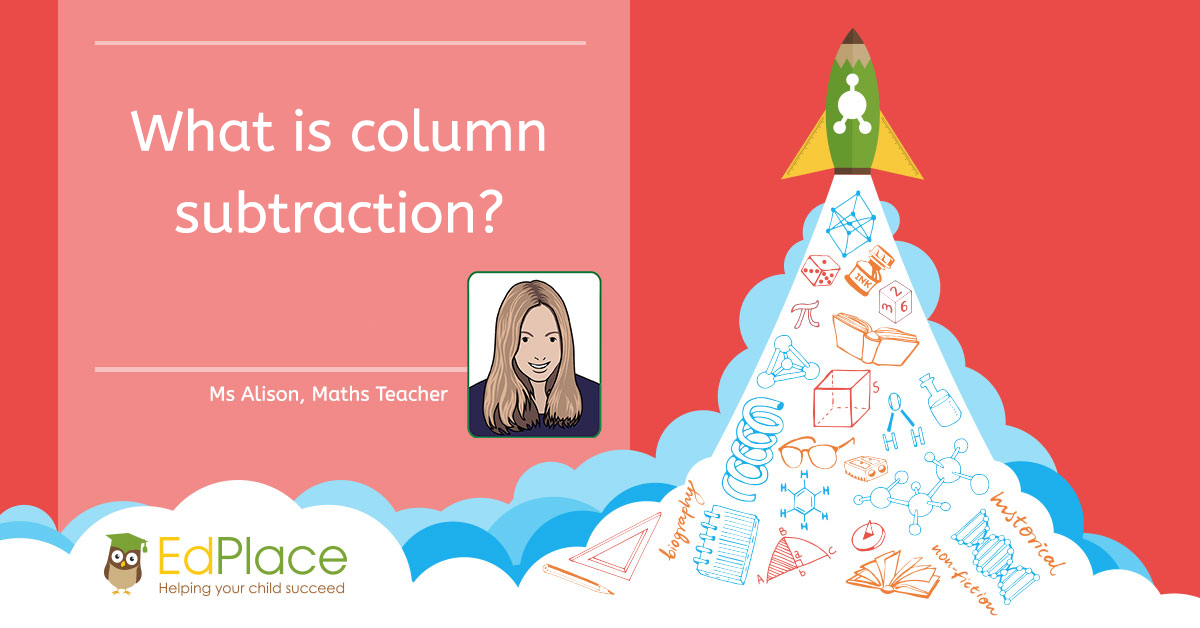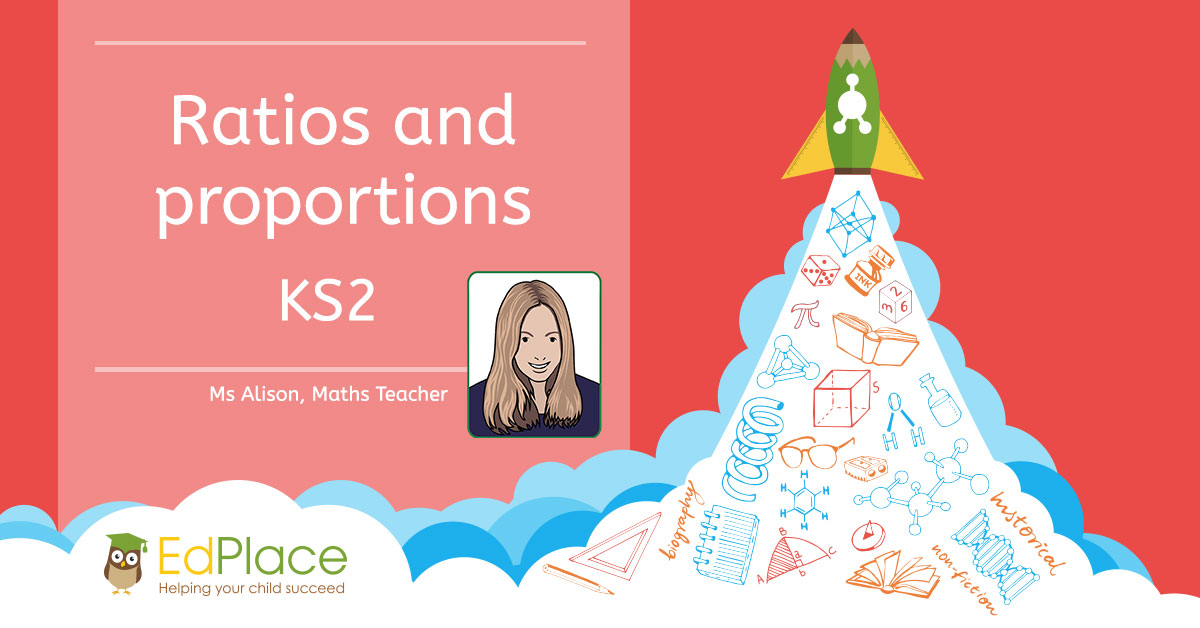What are square numbers?
When you multiply a whole number (not a fraction) by itself, the result is a square number. For example 3 x 3 = 9. Nine is the square of three multiplied by itself.
Square numbers explained
Knowing your square numbers will help with all sorts of other math problems, such as long multiplication, area, solving investigations and finding the square root (the number that has been multiplied in the first place to get the square number).
As mathematicians often try to shorten the way things are written, we show that we want to square a number by simply writing that number with a small '2' to the right of it.
Example: 32 = 9
Easy, right?
It’s also easy to spot square numbers in a multiplication table, as they're the numbers going diagonally down the table.
"Is it possible to recreate this up to 12x12?"
Here is here is a list of square numbers up to 12x12:
|
0 Squared |
= |
02 |
= |
0 × 0 |
= |
0 |
|
1 Squared |
= |
12 |
= |
1 × 1 |
= |
1 |
|
2 Squared |
= |
22 |
= |
2 × 2 |
= |
4 |
|
3 Squared |
= |
32 |
= |
3 × 3 |
= |
9 |
|
4 Squared |
= |
42 |
= |
4 × 4 |
= |
16 |
|
5 Squared |
= |
52 |
= |
5 × 5 |
= |
25 |
|
6 Squared |
= |
62 |
= |
6 × 6 |
= |
36 |
|
7 Squared |
= |
72 |
= |
7 × 7 |
= |
49 |
|
8 Squared |
= |
82 |
= |
8 × 8 |
= |
64 |
|
9 Squared |
= |
92 |
= |
9 × 9 |
= |
81 |
|
10 Squared |
= |
102 |
= |
10 × 10 |
= |
100 |
|
11 Squared |
= |
112 |
= |
11 × 11 |
= |
121 |
|
12 Squared |
= |
122 |
= |
12 × 12 |
= |
144 |
Squaring Negative Numbers
As you may know already, if you multiply a negative number by another negative number, it becomes a positive.
Example: -3 x -3 would become 9 just the same as it would if both the 3’s were positive!
However, if you are multiplying a negative with a positive, like -3 x 3 it would become negative -9 and then, of course, it wouldn’t be a square number (because -3 is a different number to 3)!
Still with us? Great!
Squaring Decimals
Just like whole numbers (integers), it’s easy to square a decimal number too!
|
1.23 Squared |
= |
1.232 |
= |
1.23 × 1.23 |
= |
1.5129 |
|
|
2.56 Squared |
= |
2.562 |
= |
2.56 × 2.56 |
= |
6.6049 |
Square Root
A square root is a number that’s been multiplied to get the square number. For example the square root of 9 is 3 because 3 x 3 = 9.
Finding the square root of a number is much trickier than calculating the square number in the first place, so many calculators have a square root button. This is the one that looks like a tick √. It’s called the radical.
Worksheets and Practice
At EdPlace, our aim is to help and support you! We have worksheets specifically aimed at getting to grips with square numbers; giving you a chance to practice your skills.
You’ll find most of them under year 5 activities, but if you fancy a challenge, we have some fun year 7 activities to sink your teeth into - why not give it a go?
Year 5
Identify and memorise square numbers
Year 7
Powers and roots – Addition and subtraction of square numbers
Use a calculator to find squares and square roots
Square roots of perfect squares
Even more square numbers...
If square numbers are your thing, why not try some of the puzzles and problems set by the NRich team from the University of Cambridge? They've created over 24 square number puzzles and problems that - trust us - will really get your brain in gear!
Have we wet your education appetite?
Find out more about EdPlace










